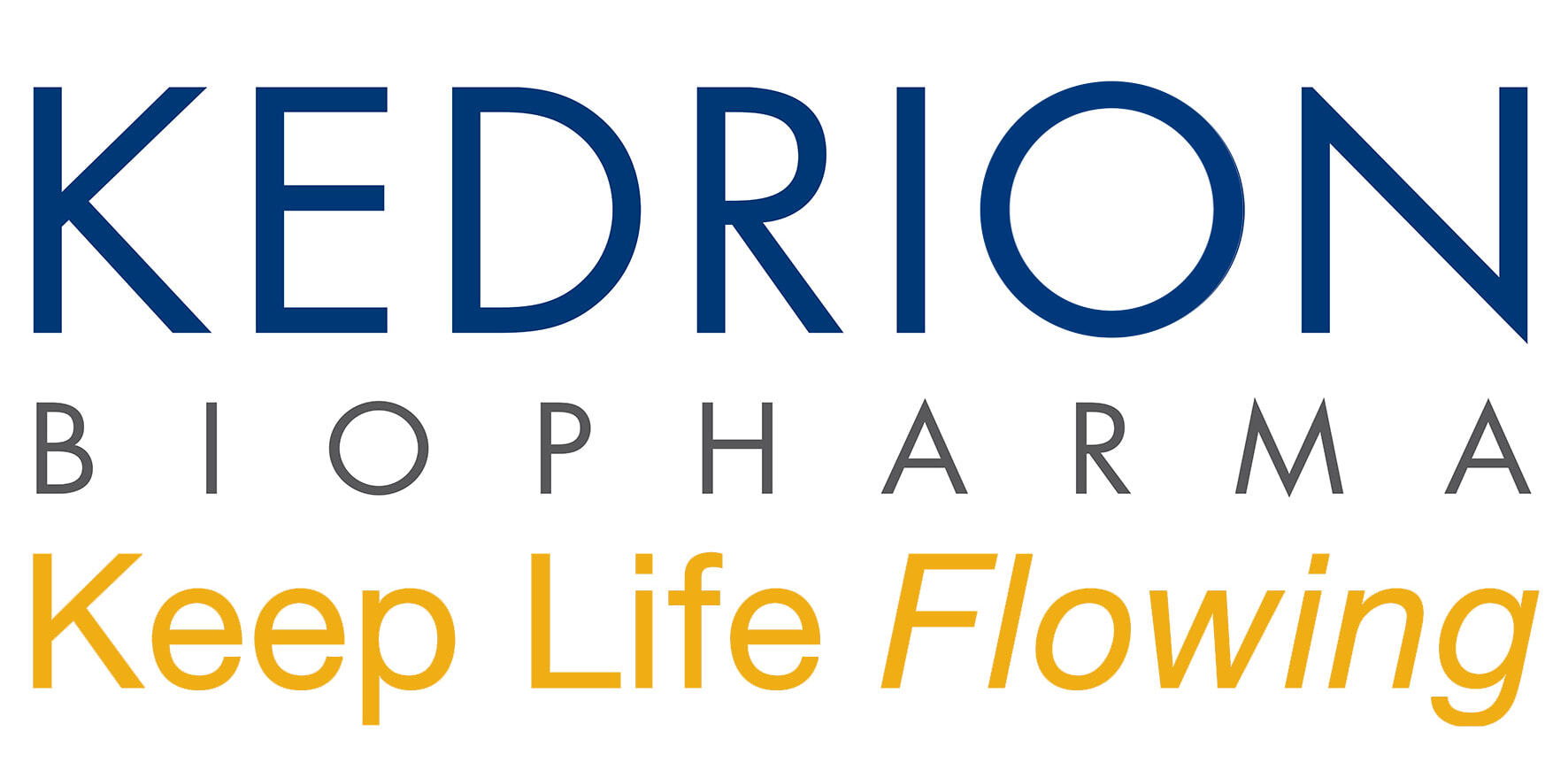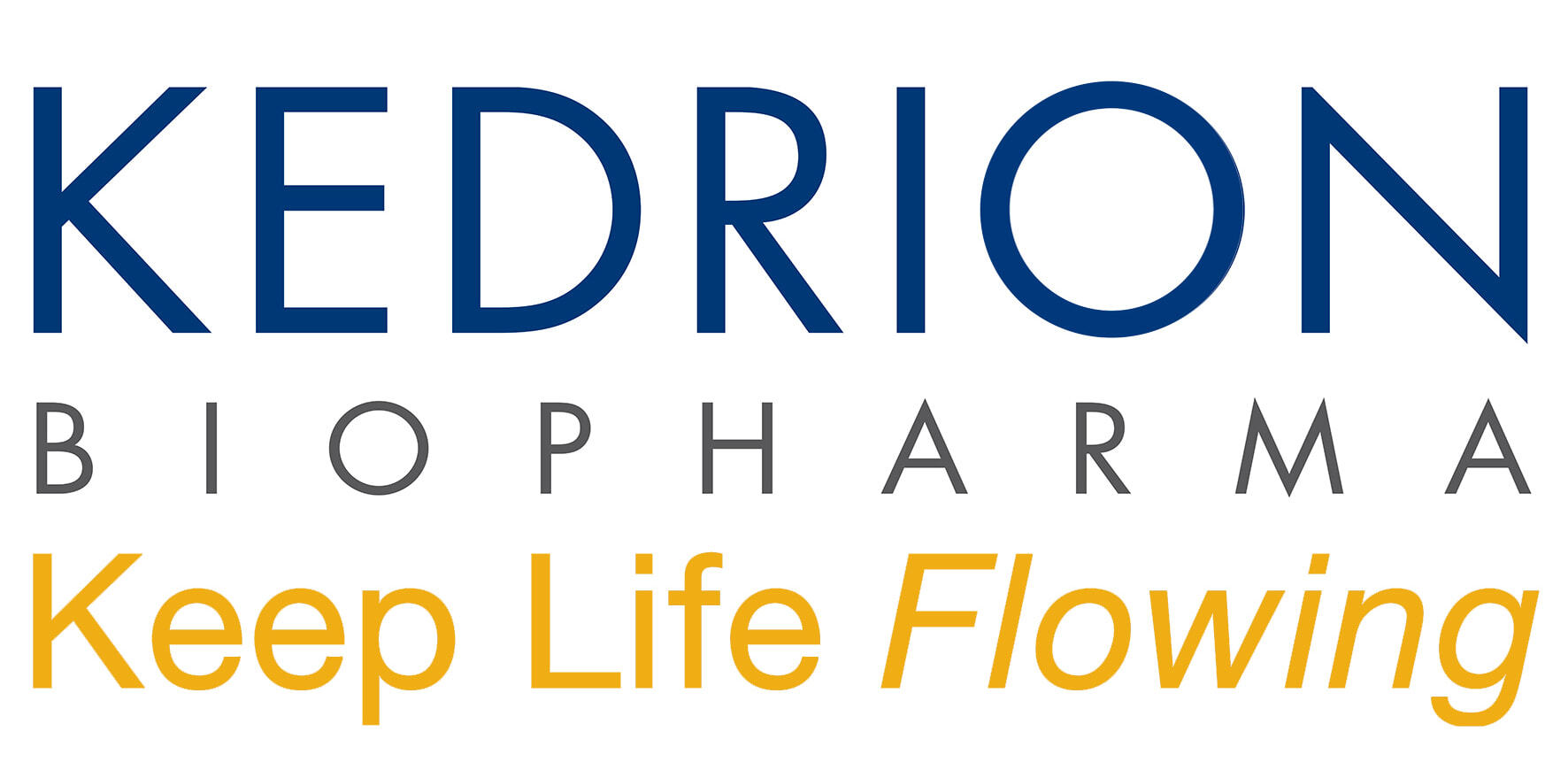The pivotal Phase 2/3 clinical trial with Kamada’s human rabies immune globulin (IgG or KamRAB™ or KedRAB™) therapy as a post-exposure treatment for rabies met the trial’s primary endpoint of non-inferiority when measured against an IgG reference product.
The Phase 2/3 clinical trial was a prospective, randomized, double-blind, non-inferiority study of 118 healthy subjects. The study evaluated pharmacokinetic (PK) parameters of anti-rabies IgG levels in serum at different time points and assessed whether Kamada’s IgG interferes with the development of self-active antibodies. In addition, safety and tolerability were assessed. The trial primary end point measured the anti-rabies titer on day 14 as well as on additional time points for secondary end points, following drug infusion and an active vaccine infusion as recommended by the standard-of-care. The primary endpoint was designed to determine non-inferiority with a 10% margin. Detailed information about this study is available at www.clinicaltrials.gov.
Top-line results showed that the primary endpoint of non-inferiority was met with a difference of -1.8% between the two therapies with variability between -8% and 3% (90% Confidence limit). Results showed that Kamada’s IgG was safe and well tolerated with no drug-related Serious Adverse Events (SAEs) experienced.
KamRAB is the brand name for Kamada's human rabies immune globulin currently marketed for this indication in 10 countries worldwide. Kedrion has a strategic agreement with Kamada, a plasma-derived protein therapeutics company focused on orphan indications, for the clinical development and marketing of its IgG product, which will be branded as KedRAB in the U.S..
“Since 2003 we market our IgG product in 10 countries outside the U.S. and we have sold more than one million vials to date, which provides significant experience with this product. We are confident our product will provide a much-needed, high-quality source of IgG for people who are at the risk of being exposed to rabies. Consequently, we have confidence that our product will be competitive with the current reference IgG product in providing the needed protection.” said Amir London, Chief Executive Officer of Kamada. “The WHO estimates that approximately 10 million people worldwide require medical treatment against rabies each year after being exposed to an animal suspected of rabies infection. We believe that a competitive product in the US will provide diversity of supply in a market with ample room for a new product entry. We plan on leveraging the US trial and future marketing approval to expend our global market leadership in this life saving treatment”.
“We are very excited about the commercial potential for KedRAB in the U.S., where there are approximately 40,000 post-exposure prophylaxis treatments administrated each year, representing over $100 million annual market opportunity. With one predominant rabies prophylaxis provider in the U.S., we anticipate that healthcare professionals will want to diversify their source of supply, particularly if a competing high-quality product, such as KedRAB, is approved for use. We look forward to a favorable regulatory outcome and, in time, a successful product launch,” stated Larry Guiheen, Kedrion Chief Commercial Officer.
More info about Kamada at www.kamada.com.

